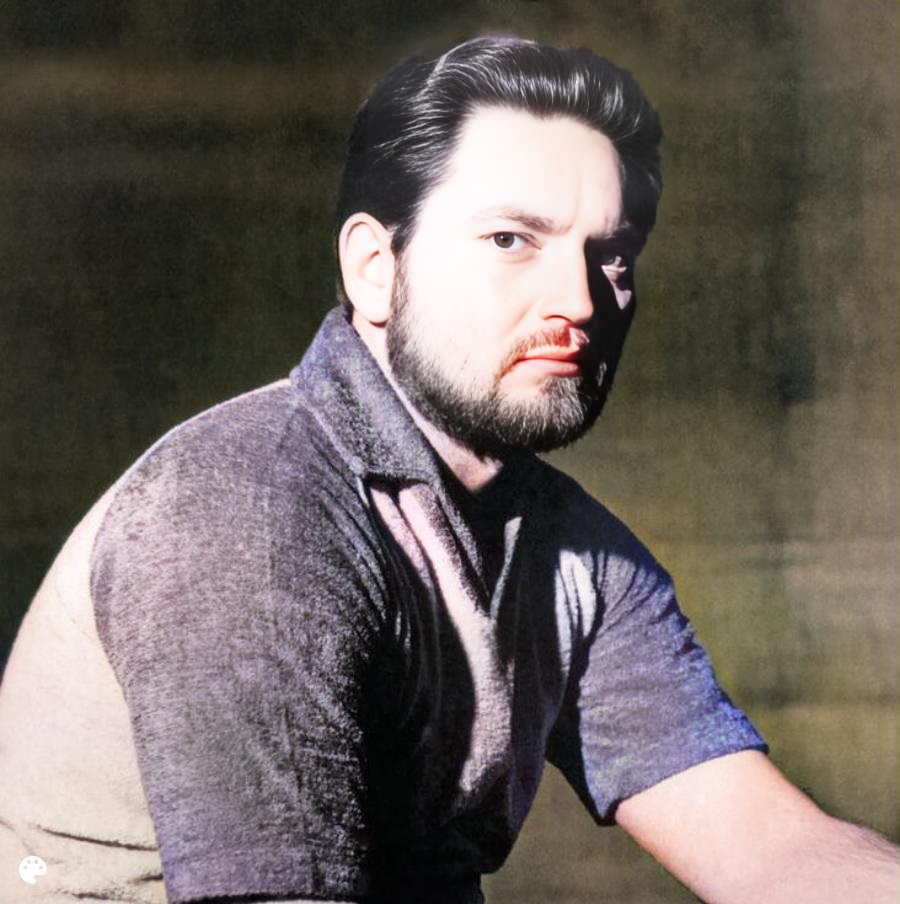
Waylon Jennings, a cornerstone of the outlaw country movement, was a singer, songwriter, and musician who defied Nashville’s polished conventions, forging a raw and authentic sound that resonated with a generation. Born in Littlefield, Texas, Jennings spent years honing his craft, paying dues in the vibrant honky-tonks and smoky bars before achieving mainstream success. He challenged the industry’s rigid formulas, emphasizing artistic freedom and lyrical honesty, a stance that earned him a devoted following and solidified his place as a country music icon. Throughout his illustrious career, Jennings charted numerous number-one hits, including “Luckenbach, Texas (Back to the Basics of Love)” and “Good Ol’ Boys,” the theme song to the popular TV show “The Dukes of Hazzard.” He won multiple Grammy Awards and Country Music Association Awards, cementing his legendary status.
“Lonesome, On’ry and Mean,” particularly in this live rendition recorded in Texas in 1975, is a defining anthem of Jennings’ rebellious spirit and outsider persona. The song embodies a defiant independence, painting a picture of a man who embraces his flaws and refuses to conform. It’s a declaration of self-reliance and a rejection of societal expectations. The lyrics speak to a solitary existence, characterized by a refusal to sugarcoat the realities of life.
The live performance of “Lonesome, On’ry and Mean” in 1975 captures the raw energy and authenticity that defined Jennings’ stage presence. The audience response at this concert, likely filled with kindred spirits and fellow outlaws, would have been electric. The song’s themes of independence and defiance would have deeply resonated, fueling the energy and creating a powerful connection between the artist and his fans. The raw, unadulterated sound of the live recording amplifies the song’s message, making it a definitive statement of outlaw country and a testament to Waylon Jennings’ enduring legacy.